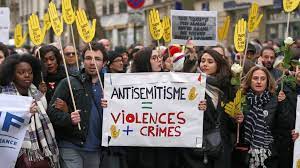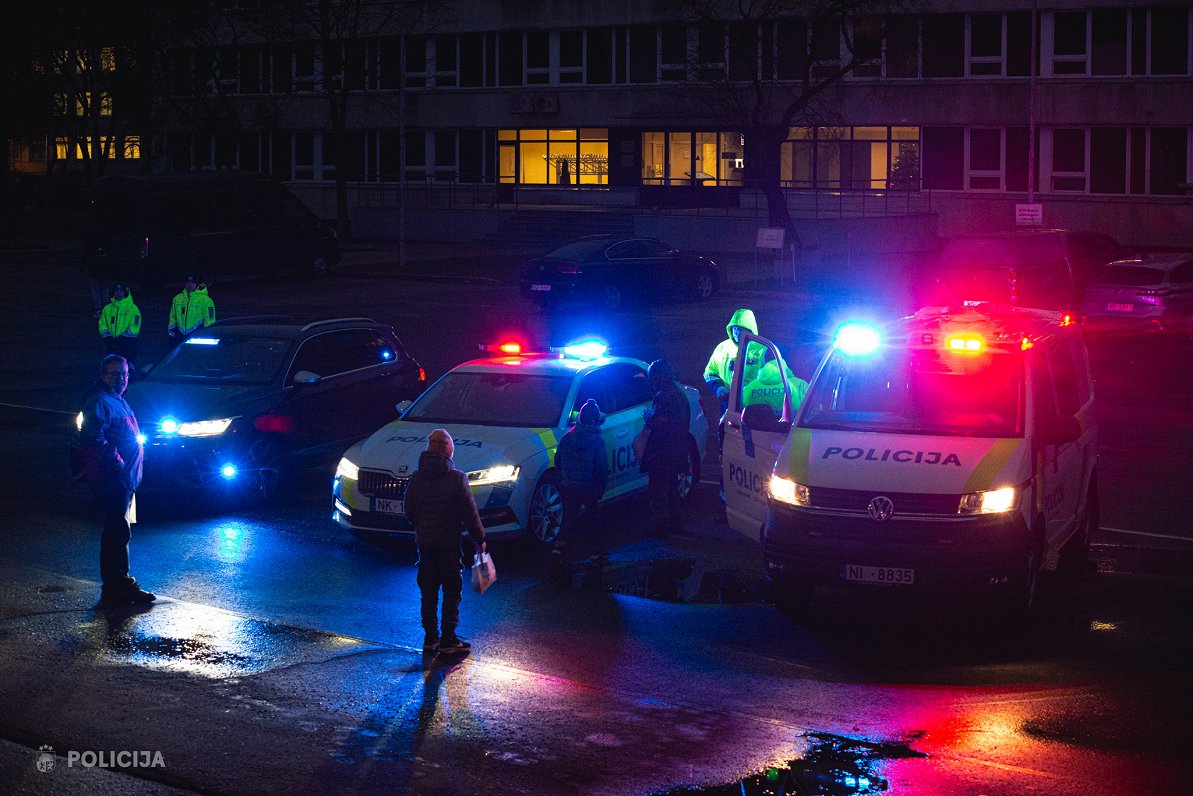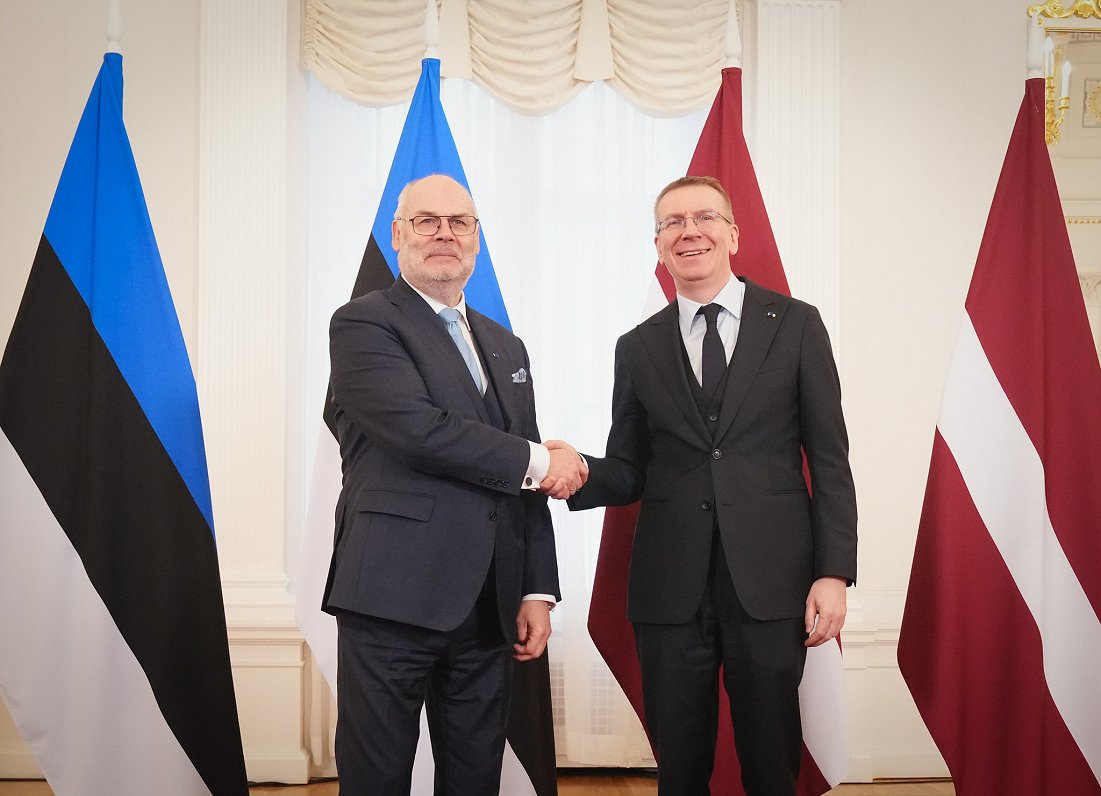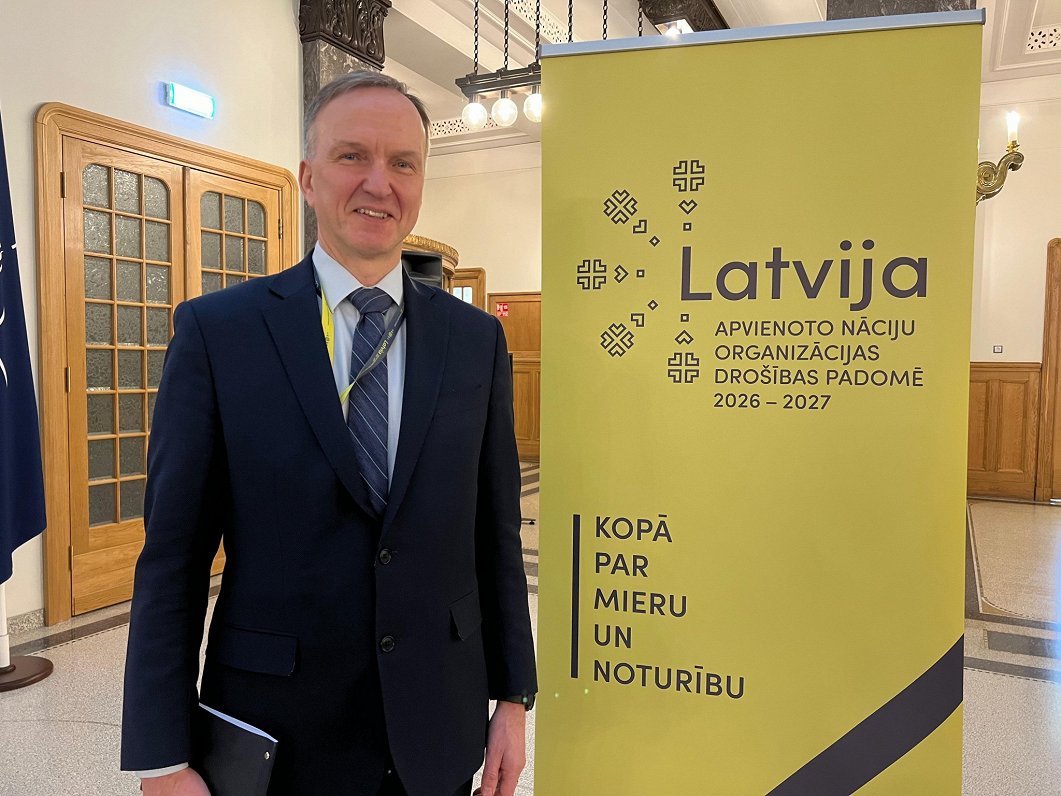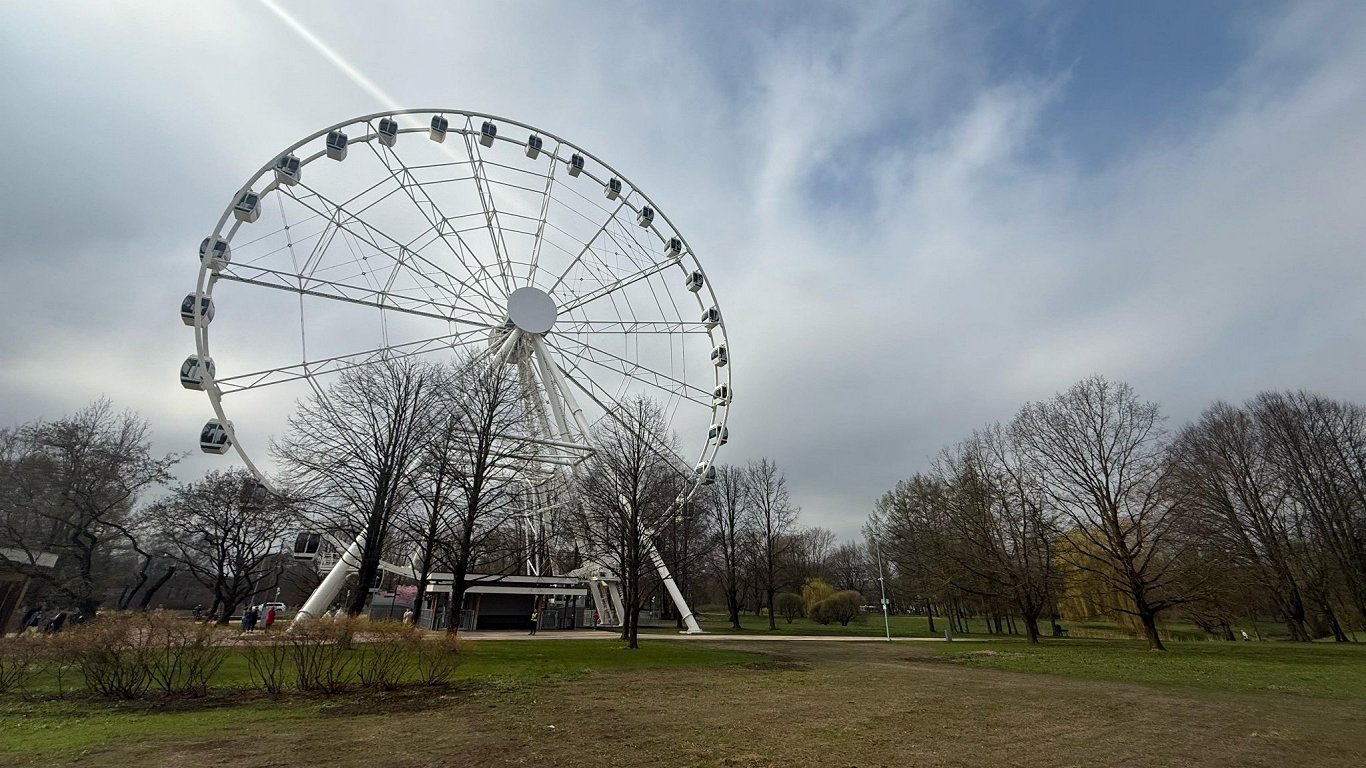In short — and let me be blunt — if governments aren’t prepared, or are unwilling, to turn words into action, the entire strategy will be useless.
Rabbi Menachem Margolin is the chairman of the European Jewish Association, which represents hundreds of Jewish Communities across the Continent.
Part of my job as a rabbi is to inspire, to show my fellow Jews beauty in the seemingly mundane. It is to rally, lead and keep the flame of Judaism alight — a flame that’s endured for thousands of years despite repeated efforts to extinguish it.
But with reported or documented cases of antisemitism through the roof since the Oct. 7 attacks on southern Israel — in Spain, France and the U.K., the rise is over 1,000 percent — my role has become even more challenging, to say the least.
“Never again.” Everybody knows these words. But what exactly do they mean? No more concentration camps? No more mass murder? One would certainly hope so.
And what about never allowing the circumstances that led to Nazi barbarity happen again? Does “never again” mean that too? The Jewish communities across Europe certainly hope so.
But it appears we’re laboring under misapprehension.
Back in 2021, in the middle of the Covid-19 pandemic and a worrying rise in antisemitism across the Continent, the European Commission published a detailed strategy for combating antisemitism. The strategy was handed to member countries, which, in turn, were to adopt measures and develop national plans — and many did. A great many also signed up to the International Holocaust Remembrance Alliance’s definition of antisemitism, patting themselves on the back for doing so.
Of course, we welcomed this.
But any strategy must ultimately pass a “real-world” test. So, how have these strategies and plans held up in the post-Oct. 7 landscape?
“Never again.” Everybody knows these words. But what exactly do they mean? No more concentration camps? No more mass murder? One would certainly hope so.
And what about never allowing the circumstances that led to Nazi barbarity happen again? Does “never again” mean that too? The Jewish communities across Europe certainly hope so.
But it appears we’re laboring under misapprehension.
Back in 2021, in the middle of the Covid-19 pandemic and a worrying rise in antisemitism across the Continent, the European Commission published a detailed strategy for combating antisemitism. The strategy was handed to member countries, which, in turn, were to adopt measures and develop national plans — and many did. A great many also signed up to the International Holocaust Remembrance Alliance’s definition of antisemitism, patting themselves on the back for doing so.
Of course, we welcomed this.
But any strategy must ultimately pass a “real-world” test. So, how have these strategies and plans held up in the post-Oct. 7 landscape?
“Never again.” Everybody knows these words. But what exactly do they mean? No more concentration camps? No more mass murder? One would certainly hope so.
And what about never allowing the circumstances that led to Nazi barbarity happen again? Does “never again” mean that too? The Jewish communities across Europe certainly hope so.
But it appears we’re laboring under misapprehension.
Back in 2021, in the middle of the Covid-19 pandemic and a worrying rise in antisemitism across the Continent, the European Commission published a detailed strategy for combating antisemitism. The strategy was handed to member countries, which, in turn, were to adopt measures and develop national plans — and many did. A great many also signed up to the International Holocaust Remembrance Alliance’s definition of antisemitism, patting themselves on the back for doing so.
Of course, we welcomed this.
But any strategy must ultimately pass a “real-world” test. So, how have these strategies and plans held up in the post-Oct. 7 landscape?
“Never again.” Everybody knows these words. But what exactly do they mean? No more concentration camps? No more mass murder? One would certainly hope so.
And what about never allowing the circumstances that led to Nazi barbarity happen again? Does “never again” mean that too? The Jewish communities across Europe certainly hope so.
But it appears we’re laboring under misapprehension.
Back in 2021, in the middle of the Covid-19 pandemic and a worrying rise in antisemitism across the Continent, the European Commission published a detailed strategy for combating antisemitism. The strategy was handed to member countries, which, in turn, were to adopt measures and develop national plans — and many did. A great many also signed up to the International Holocaust Remembrance Alliance’s definition of antisemitism, patting themselves on the back for doing so.
Of course, we welcomed this.
But any strategy must ultimately pass a “real-world” test. So, how have these strategies and plans held up in the post-Oct. 7 landscape?


